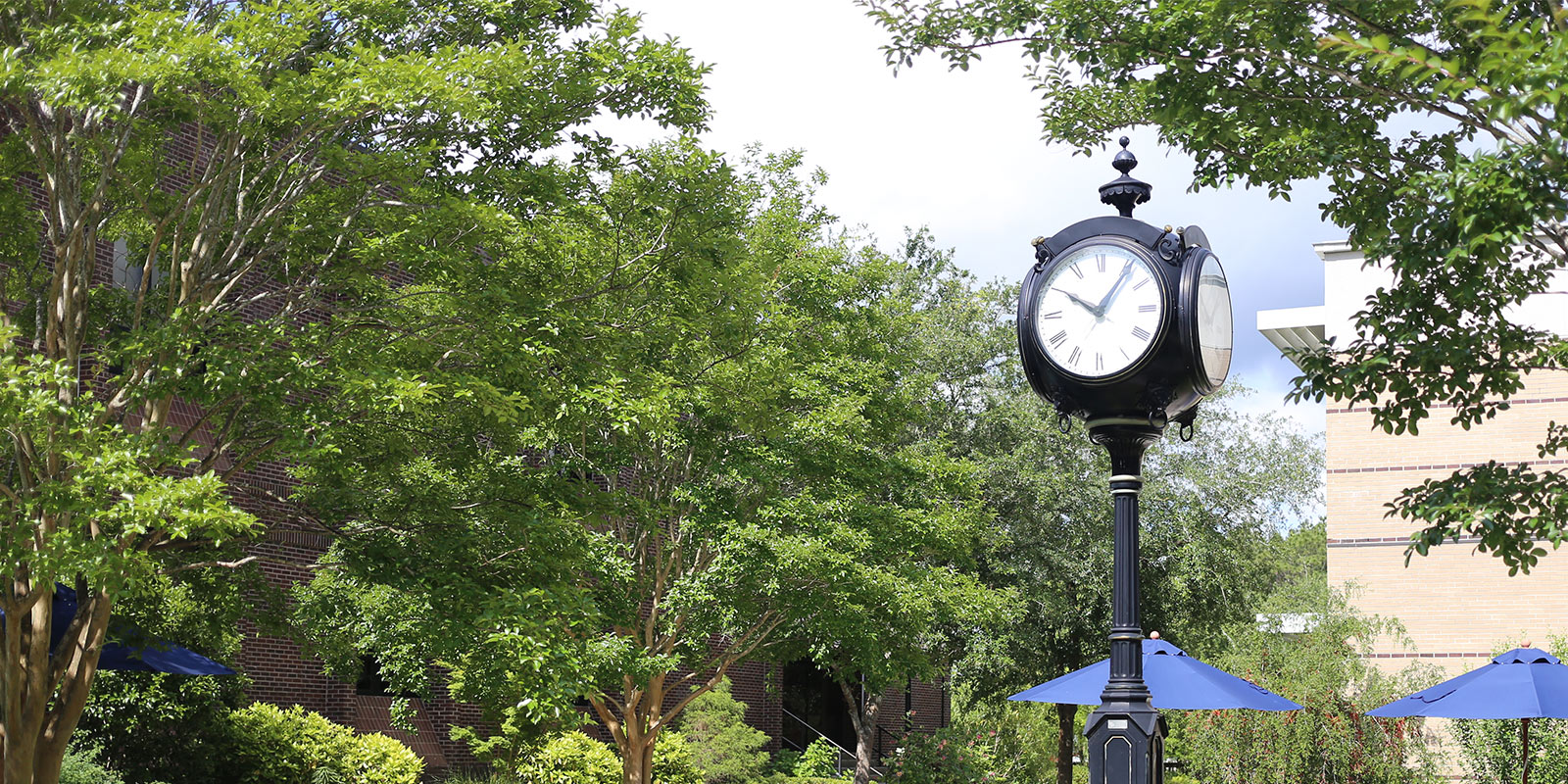Medical Assisting
Lecture: 3 Lab: 0 Clinic: 0 Work: 0 Credits: 3
Medical Assisting
Lecture: 3 Lab: 0 Clinic: 0 Work: 0 Credits: 3
Medical Assisting
Lecture: 3 Lab: 4 Clinic: 0 Work: 0 Credits: 5
Medical Assisting
Lecture: 0 Lab: 0 Clinic: 15 Work: 0 Credits: 5
Medical Assisting
Lecture: 1 Lab: 0 Clinic: 0 Work: 0 Credits: 1
Medical Assisting
Lecture: 2 Lab: 0 Clinic: 0 Work: 0 Credits: 2
Medical Assisting
Lecture: 2 Lab: 2 Clinic: 0 Work: 0 Credits: 3
Medical Assisting
Lecture: 3 Lab: 0 Clinic: 0 Work: 0 Credits: 3
Medical Assisting
Lecture: 1 Lab: 2 Clinic: 0 Work: 0 Credits: 2


